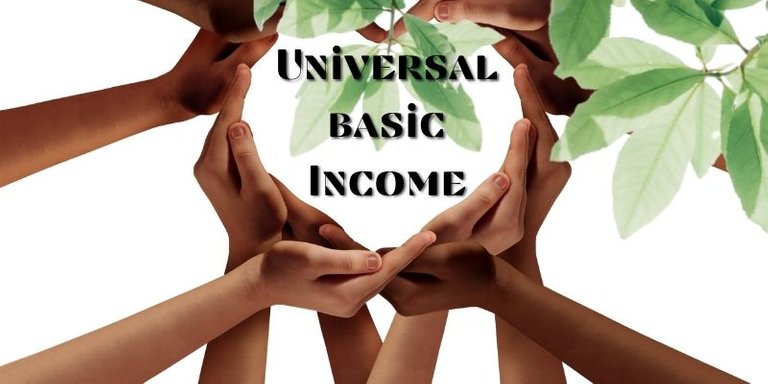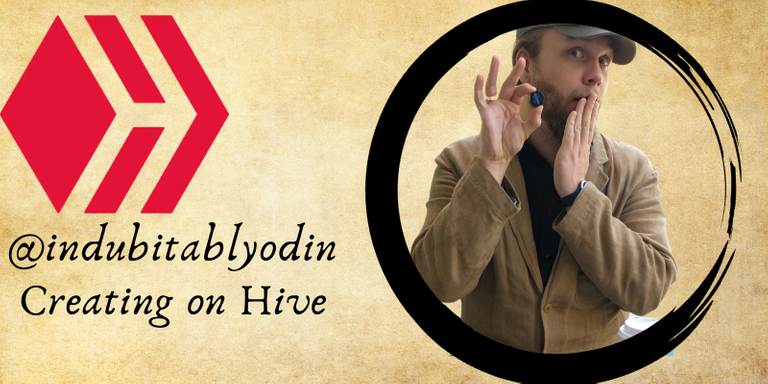Within the current social paradigm, one thing matters more than anything else: your time. There are phrases bandied about with regards to economic functioning but most of these can seem a bit esoteric to people who are more concerned with keeping food on the table and roof between themselves and the rain. At the same time, for those on the lowest rungs, certain forms of power, like worker power, is more evident than it is for those in a middle echelon social class.

Economics can seem like an intimidating subject but what it really comes down to is simple is a simple equation of:
x = y
Wherein x = life hours and y = profit.
In response to this, some schools of thought ask the question, “Well, whose profit does my life equal?” Which is a fair point. In most classic senses, this provides a structure for securing “bottom-up” power, where a mass of people who produce the profit in exchange for their life hours can band together and secure more profit per life hour for themselves.
I’m not too interested in that question, however. I think that unionizing and worker power are vital, but only because it’s one of the best means of stabilizing the power dynamics within our current systems. Now, what interests me is the equation itself.
Why does x = y? Why are we willing to accept as normal the trade of life hours for profit, even if a larger portion of that profit were to remain ours than is usually the case? I am interested in our perception of “normal” and how that perception can be changed.
Profit alternatives and the freeloader equation

One of the concepts that have gained great popularity in recent years is that of UBI which stands for Universal Basic Income. The premise is simple: Every single person, regardless of any other factor, should receive a permanent stipend simply for being alive. In our current model, that stipend is likely to be some form of hard currency (though California has considered using a cryptocurrency instead).
This is not an untested idea. There have been numerous experiments with this over the last few decades, a number of which showed extremely positive results. What it functionally means is that every single person has the right to the basics of a good life: food, shelter, entertainment, free transportation, free communication. UBI is merely a means by which to provide such.
One of the common arguments against UBI is that of the so-called “freeloader problem,” where it is assumed that once people no longer need to work, they will no longer be motivated to do anything at all. Studies have disproved this, but even if it were the case that a large number of freeloaders resulted from a UBI practice, I’m more interested in what would happen with those who took their newfound sense of security and did things with it.
Personally, I think UBI would lead to a massive value increase on social terms. I see a “STEAM” revolution from implemented UBI, where people finally feel free to spend their life hours working on things that are fulfilling and have the potential to provide broad social betterment. I foresee people having the time and energy to focus on self-betterment, too, which also raises the whole social network within which those individuals interact.
We know that people are “meaning-seeking machines,” so to speak. Humans are most content when engaging in an act of fulfillment, a meaningful act. But most people need to have the basic needs met first before they can even begin to think about reaching for the meaningful side of life.
—
There are many considerations that need to be explored when considering a UBI, including things like rent capping, but overall the idea is simple: by providing people with a basic stipend, a sort of basic value for their life hours apart from any production they accomplish, they will be free to spend their life hours on productive pursuits that have a better potential of producing different types of profit (namely, they will be more likely to do things that are good for themselves and for society as a whole). This is dramatically different than the top-down profit model, where a worker’s life hours are exchanged only for fungible profit for themselves in the form of currency-as-payment, or capital profit for those who own the right to produce some good or service.
I think it’s vital that we start discussing not merely the alternative systems themselves, but that we begin to question the supposed fundamentals of “normal” in our world today.

Congratulations @indubitablyodin! You have completed the following achievement on the Hive blockchain and have been rewarded with new badge(s) :
Your next target is to reach 20 posts.
Your next payout target is 50 HP.
The unit is Hive Power equivalent because your rewards can be split into HP and HBD
You can view your badges on your board and compare yourself to others in the Ranking
If you no longer want to receive notifications, reply to this comment with the word
STOPSaw you mention California, you a local? ^>^
Cali represent! 👍
Thanks for reading! 👍👍
W00t w00t